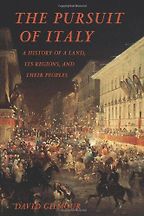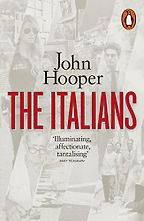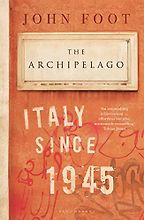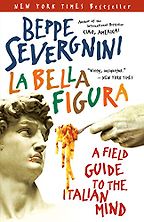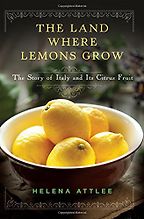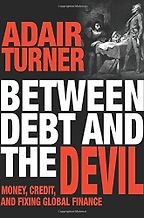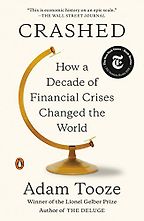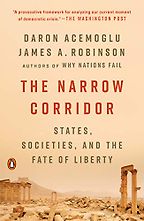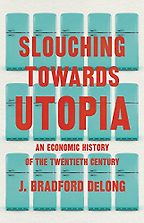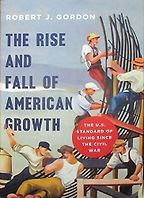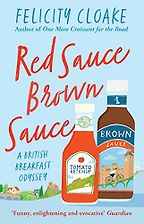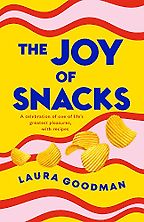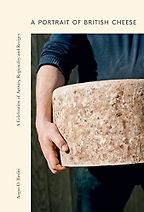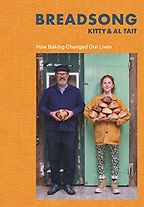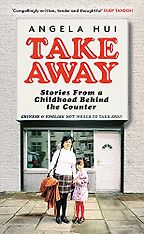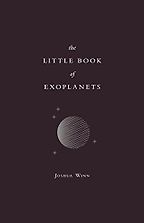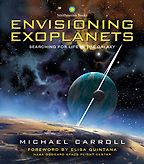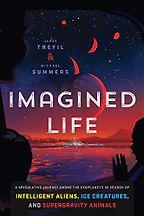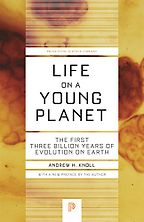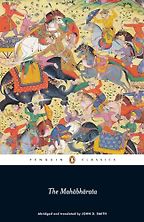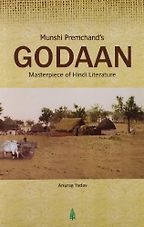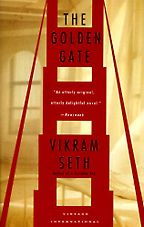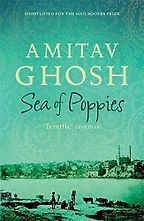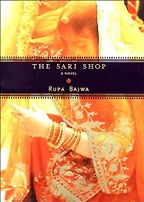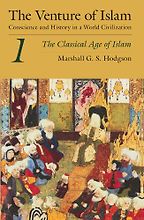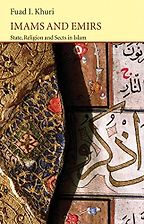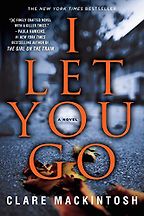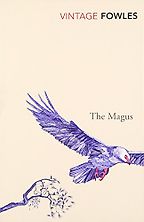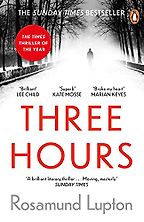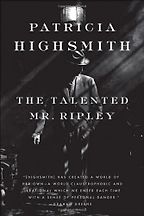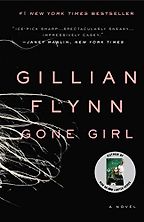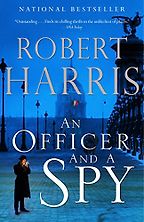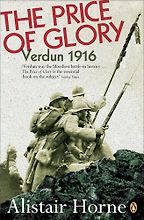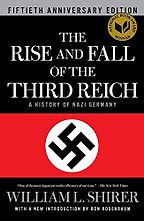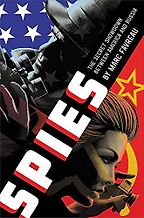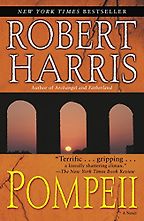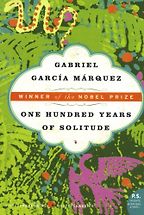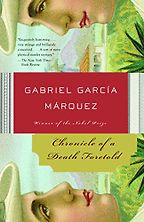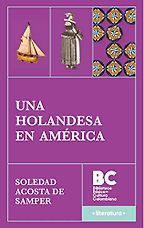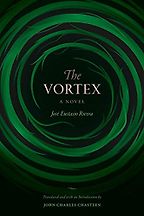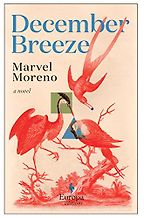Interviewer

Sophie Roell, Editor
Sophie Roell is co-founder and editor of Five Books. Previously she worked as a journalist in London, Beijing, Shanghai and New York. As a financial reporter, she covered the early years of the Chinese stock markets and the transition of its economy after Deng Xiaoping’s 1992 tour of the south. She wrote about the North Korean economy from Pyongyang in 2001.
She studied modern history as an undergraduate at Oxford and, after travelling the world as a reporter for five years, took the Master’s in Regional Studies-East Asia at Harvard University. This wonderfully flexible program insists on at least one East Asian language and some courses on East Asia, but leaves plenty of room to roam about the university taking courses on random subjects. Five Books, set up in 2009, is an attempt to continue that experience.
Below, you’ll find Sophie’s Five Books interviews with experts. Her own recommendations, normally nonfiction, are here. She also reads a lot of mysteries.
Interviews by Sophie Roell
Books on Italy, Italian Politics & History, recommended by Alan Rhode
“You may have the universe, if I may have Italy,” goes the Verdi opera. Italy has had a profound influence on everything from art and food to religion and organized crime. Anglo-Italian journalist Alan Rhode recommends books to better understand Italian politics and history—and the Italians themselves.
-

1
Between Debt and the Devil: Money, Credit, and Fixing Global Finance
by Adair Turner -

2
Crashed: How a Decade of Financial Crises Changed the World
by Adam Tooze -

3
The Narrow Corridor: States, Societies, and the Fate of Liberty
by Daron Acemoglu & James Robinson -

4
Slouching Towards Utopia: An Economic History of the Twentieth Century
by Brad DeLong -

5
The Rise and Fall of American Growth: The U.S. Standard of Living since the Civil War
by Robert J. Gordon
The best books on Challenges Facing the World Economy, recommended by Martin Wolf
The best books on Challenges Facing the World Economy, recommended by Martin Wolf
Problems in the world economy can have a profound impact on politics. What’s happening in the US and elsewhere is disturbing, says Martin Wolf, chief economics commentator of the Financial Times. He talks us through books to help us reflect on the challenges facing economies. His recommendations include two books that query whether the era of unprecedented economic growth—which has transformed our societies over the last 150 years—is finally coming to an end.
-

1
Red Sauce Brown Sauce: A British Breakfast Odyssey
by Felicity Cloake -

2
The Joy of Snacks: A Celebration of One of Life's Greatest Pleasures, with Recipes
by Laura Goodman -

3
A Portrait of British Cheese: A Celebration of Artistry, Regionality and Recipes
by Angus Birditt -

4
Breadsong: How Baking Changed Our Lives
by Al Tait & Kitty Tait -

5
Takeaway: Stories From a Childhood Behind the Counter
by Angela Hui
The Best Food Books: The 2023 Fortnum & Mason Food And Drink Awards, recommended by Clare Finney
The Best Food Books: The 2023 Fortnum & Mason Food And Drink Awards, recommended by Clare Finney
Every year, the Fortnum & Mason Food and Drink Awards celebrate the best books across a range of food, cookery and drink categories. Here British food writer Clare Finney, one of the judges for this year’s awards, talks us through the fabulous books that made the 2023 shortlists—and shows how they are about much more than just delicious food.
-

1
The Little Book of Exoplanets
by Joshua Winn -

2
Envisioning Exoplanets: Searching for Life in the Galaxy
by Michael Carroll -

3
Imagined Life: A Speculative Scientific Journey among the Exoplanets in Search of Intelligent Aliens, Ice Creatures, and Supergravity Animals
by James Trefil & Michael Summers -

4
The Planet Factory
by Elizabeth Tasker -

5
Life on a Young Planet: The First Three Billion Years of Evolution on Earth
by Andrew H Knoll
The best books on Exoplanets, recommended by Chris Impey
The best books on Exoplanets, recommended by Chris Impey
With 10 billion potentially habitable worlds in our galaxy and 100 billion galaxies in the universe, the probability there is life beyond Earth is high. We’re also likely to find out more in the next five to seven years, says Chris Impey, University Distinguished Professor of Astronomy at the University of Arizona and author of Worlds Without End: Exoplanets, Habitability, and the Future of Humanity. Here, he recommends four brilliant books about exoplanets as well as one about life on Earth, our only example of biology to date.
The Best Indian Novels, recommended by Radhika Jha
Like all great books, India’s best novels are worth reading not just because of what they show about India, but what they reveal about the human condition. Here Radhika Jha, author of four critically acclaimed books, talks us through five important Indian novels and novelists and explains why it’s so important that fiction isn’t just about personal experience.
The Best Classic Crime Novels, recommended by Stig Abell
The crime book genre is massive and caters to all sorts of tastes, but once you find a detective or main character you love, there are few pleasures greater than reading the entire series. British journalist Stig Abell, author of Death Under a Little Sky, picks some of the best classic crime, books he’s read over and over again.
-

1
The Venture of Islam, Volume 1: The Classical Age of Islam
by Marshall Hodgson -

2
Imams and Emirs: State, Religion and Sects in Islam
by Fuad I. Khuri -

3
Book of Travels (Safarnāma)
by Nasir-i Khusraw -

4
Travels through Arabia and Other Countries in the East
by Carsten Niebuhr -

5
The Others
by Seba al-Herz
The best books on Sunnism and Shiism, recommended by Toby Matthiesen
The best books on Sunnism and Shiism, recommended by Toby Matthiesen
In a bid to get away from simplistic explanations of why sectarian identity in the Middle East can lead to conflict, Swiss political scientist Toby Matthiesen wrote The Caliph and the Imam: The Making of Sunnism and Shiism. Here he recommends other books that shed light on Sunni and Shia differences, including a racy novel set in Saudi Arabia.
The Best Psychological Thrillers, recommended by J.S. Monroe
The best psychological thrillers are books that draw you into the lives of seemingly ordinary people, keep you turning the pages and then (often) floor you with an unexpected twist. British thriller writer JS Monroe, author of No Place to Hide, recommends some of the best ones out there, including the 1955 book that inspired the modern genre.
The Best History Books for Teenagers, recommended by Alex (age 16)
It’s tricky finding history books for teenagers at an age when they are too old for children’s books, but not yet ready to read long, weighty tomes with lots of footnotes. Alex, a UK-based history fan who previously chose books for us age 10, returns to Five Books to recommend his selection of the best history books for teenagers.
The Best Colombian Novels, recommended by Pilar Quintana
Colombian novels shot to international prominence after the publication of One Hundred Years of Solitude by Gabriel García Márquez, which told the story of his small, Colombian hometown by mixing in fantastical elements. The novel spoke to readers around the globe and García Márquez would go on to win the Nobel Prize in Literature. Here, contemporary Colombian novelist Pilar Quintana introduces us to the works of this ‘genius’ as well as some of the other great novels of Colombian literature.
